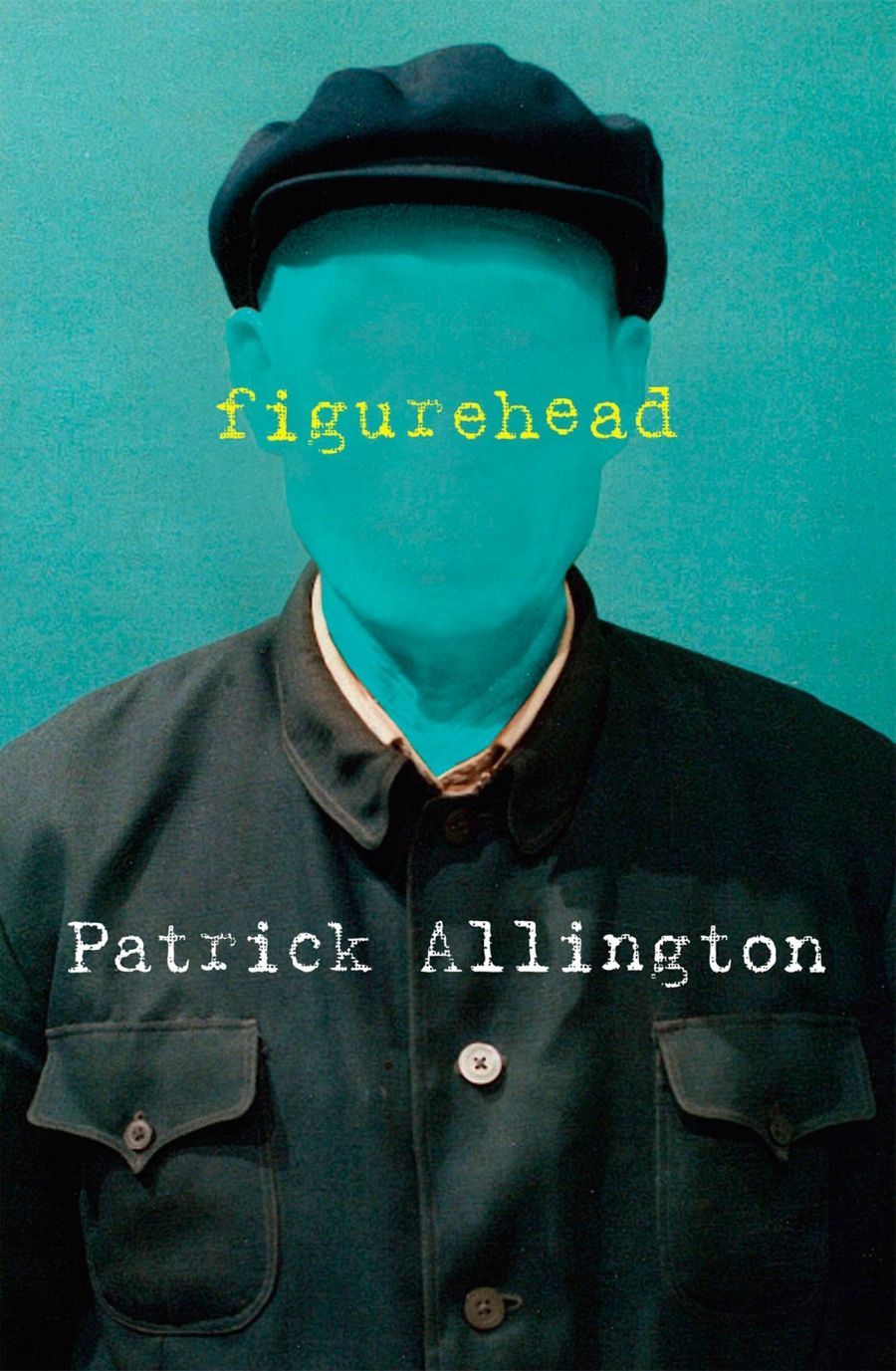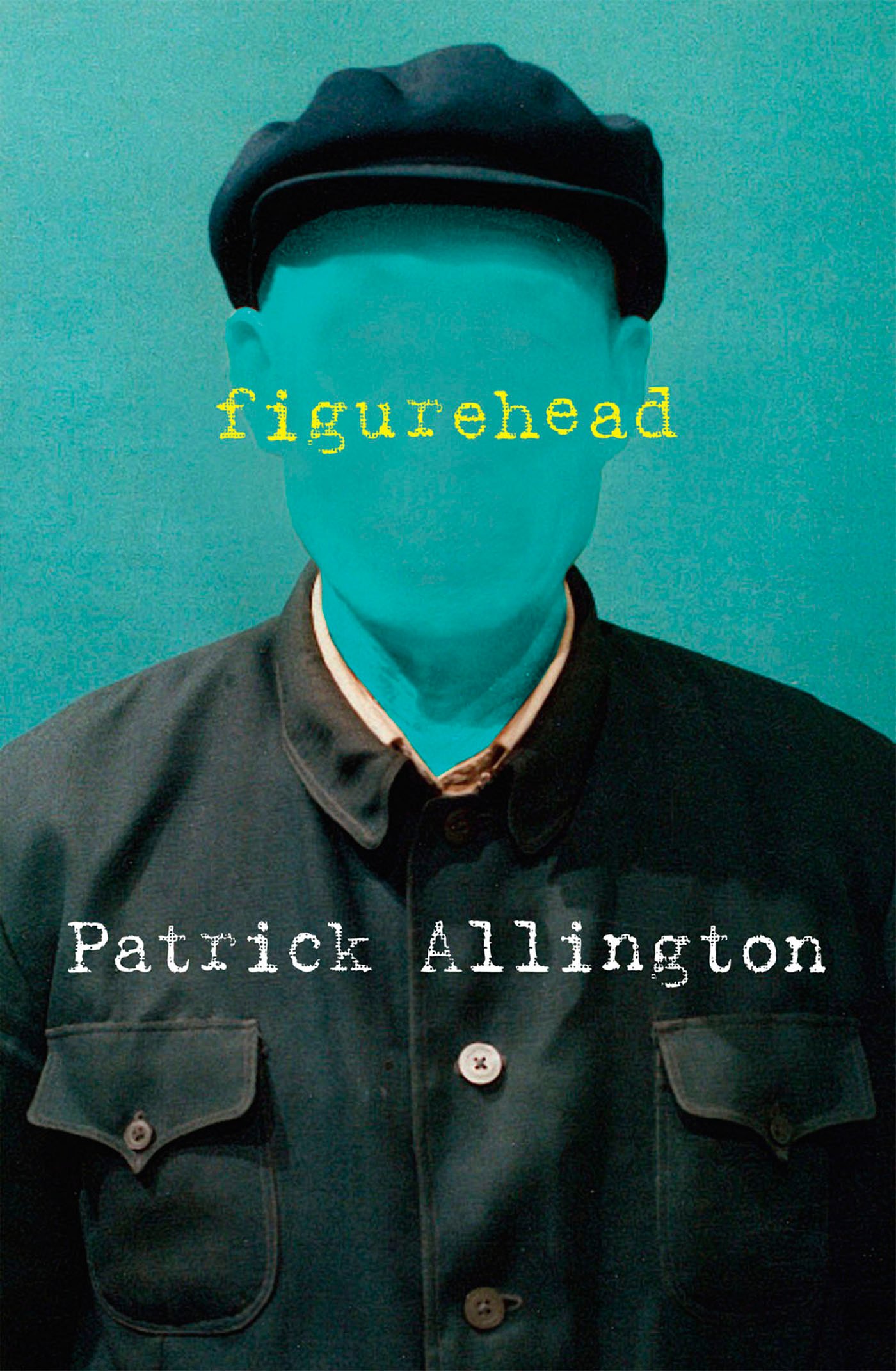
- Free Article: No
- Contents Category: Australian Fiction
- Review Article: Yes
- Article Title: Men behaving badly
- Online Only: No
- Custom Highlight Text:
What we might call ‘ordinary Australians’ produced a stream of novels about Asian countries in the 1970s and 1980s, but this is now a mere trickle. Some of the flow may have been dammed by the effect of market forces on publishers; some of it may have been diverted to Middle Eastern channels; some may have drained into the pools of Asia-enthusiasm that stagnated during the Howard years; and some may have dried up in the face of Asian diaspora fiction of the 1990s. Among the few Anglo-Saxon Australians who kept writing novels about Asia, several have turned to narratives set in a historical comfort zone, where they may still have a chance of competing with Asian Australians like Brian Castro, Teo Hsu-ming and Michelle de Kretser – although they too write of the past – or with Nam Le, Alice Pung and Aravind Adiga, who concentrate on the here and now.
- Book 1 Title: Figurehead
- Book 1 Biblio: Black Inc., $29.95 pb, 239 pp, 9781863954365
- Book 1 Cover Small (400 x 600):

- Book 1 Cover (800 x 1200):

Approaching Figurehead, young Adelaide writer Patrick Allington’s first novel, I expected to revisit the days when Australians not only called the shots but fired them too – not in Indonesia, China or Vietnam on this occasion, but in Cambodia. I anticipated that the anti-hero would be another of the Australian drongo journos who are familiar in the period’s fiction and cinema, stumble from drama to deadline to political crisis, desert a local love interest and, just before disaster strikes, board Qantas for home. I was in for a surprise.
Ted Whittlemore, it’s true, is a hack, who will write eyewitness accounts of events he hasn’t even seen. He is not given to self-criticism, reflection or perspicacity; his tastes are gross and you wouldn’t take him anywhere (as his granddaughter in Adelaide discovers). But he can string words together, and he cares about the underdogs, of whom there are plenty in Indochina of the 1960s–1990s. Determined to report from behind every frontier, Ted successively takes up the causes favoured by Ho Chi Minh, the Khmers Rouges, Prince Sihanouk, Nguyen Co Thach and Hun Sen. He is personally insulted when most of them prove untrustworthy. With them all he calls spades shovels, as he does with Henry Kissinger, Fidel Castro and an unnamed Australian political leader with silver hair and a furrowed face. His radical opinions upset many people, which he says is ‘just an added bonus’. Ted’s role model is a Wilfred Burchett clone called Wally Ball, who wrote the first eyewitness account from Hiroshima and reported on the Korean war from Pyongyang. Ted’s alter ego is a Khieu Samphan or Duch (Kaing Guek Eav) lookalike called Nhem Kiry, a Pol Pot loyalist who becomes the last man of a very dodgy lot left standing.
If Ted and his friends don’t grab you as people, Allington shares Ted’s affinity for the region. His yarns about real and fictitious events and characters do make you laugh, and he’s done plenty of research. There is Prince Sihanouk, who plays Ted at ping pong, sulks if he loses, drinks Moët while the people starve, says ‘tee hee’ a lot, and doesn’t so much jump off the page as prance up and down on it. Then there is Cornell E. Jackson, a neo-liberal whom Ted meets at a conference on racial discrimination in Geneva in 1983. Ted corrects Jackson: he’s not British but Australian. ‘Hey, never mind. There’s no shame in that’, says the American, loudly enough for the auditorium to hear. And then there’s Nhem Kiry, whose life Ted once saved, and whom he always tries to re-educate with the latest ideology du jour. Kiry is a Marxist fitness fanatic whose inconvenient friends tend to disappear. He drags his killing fields reputation around like stinking fish, repelling everyone he meets. Even his former friends and allies ‘stare at him with open contempt’, but he still expects them to regard those bygones as bygones.
Ted believes that for a journalist to get killed on the job is sloppy reporting, so when things happen, more often than not, he is drunk or not there. This doesn’t prevent him from having a high opinion of the momentousness of stories he has broken and of books he has written, which he’s shocked later to discover is not widely shared. But armed with Gandhi’s dictum – ‘First they ignore you. Then they laugh at you. Then they fight you. Then you win’ – Ted blunders on, patting one underdog after another. Eventually, he demands that his doctor in Ho Chi Minh City record napalm as the cause of his various illnesses, and inscribe ‘American imperialism’ on his death certificate. She refuses and advises him to stop drinking and go back to Australia. Ted is horrified, and wants to stay: ‘How would you feel if I told you that you had to leave?’ The doctor, a former Vietcong who was widowed at twenty-six, replies tearfully: ‘I’d be gone before dark’.
Allington is one of a promising new breed of writers with Creative Writing PhDs. At the University of Adelaide, Tom Shapcott, J.M. Coetzee and Nicholas Jose have clearly given him a head start. Let’s hope it leads him to more Asian Australian themes.


Comments powered by CComment